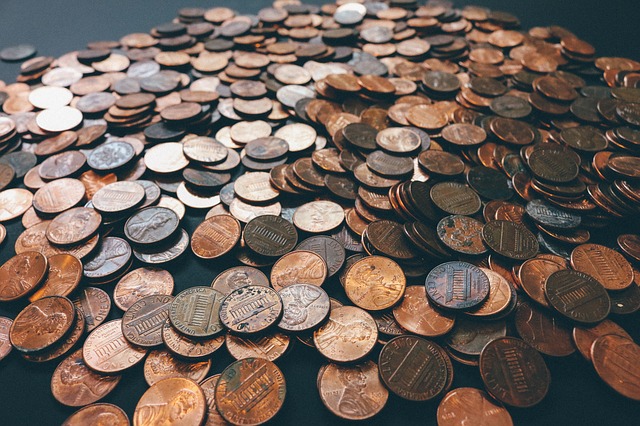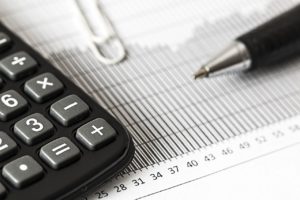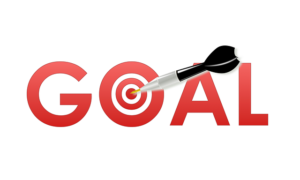Current Balance: $28,667.
I figured I need to write about budgeting because I tend to bring it up in quite a few posts. As I’ve stated before, I find it hard to believe how many people do not have a budget or, at a minimum, keep track of what they are spending. Thankfully, there are a number of resources that can assist you with your budget. Whether its a book (I’ll recommend anything by Dave Ramsey), an app (see my resources page) or even another blog there is a vast amount of budgeting tools and tricks to help you on your student loan payoff journey. But before you do that, here a few quick steps in establishing a budget.
1. What do you bring in?
If you have ever taken an accounting class you know that Revenue – Expenses = Profit. In both business and life, you don’t want to be losing money. So your “profit” needs to be positive rather than negative. What you bring in is your revenue. This can be income from your job, money from a side hustle, rental income, etc. Most people only have one stream of revenue, income from their job. For budget purposes you want to determine what you bring in per month, and write that down.
2. What do you spend?
This is a little more complicated because most people don’t really know what they spend from month to month and its rarely ever the same amount. Let’s break down what we spend into two categories: Fixed Expenses and Variable Expenses.
Fixed Expenses
Fixed expenses are those known costs you will incur each and every month: rent/mortgage, car payment, cell phone payment, cable bill, utilities, insurance, food (groceries) and of course, student loans.
Variable Expenses
Variable expenses are things you spend money on that aren’t necessities, but are nice to have. They can include entertainment expenses like going out to a bar, seeing a movie or other events, or other expenses like traveling or family vacations. Clothing and unforeseen expenses would also fall into this category.
Once you understand your expenses, you need to write those down. If you’re having a hard time thinking of what you spend money on, I recommend tracking your spending for a few months either manually by writing it down or tracking it on an excel spreadsheet, or you can download a budget app like Mint or Every Dollar.
3. Calculate your own Revenue – Expenses
What do you have left over? nothing? more than you thought? less than you thought? Either way, you now have a budget and need to look at ways to save money to put more towards your loans.
I know this seems pretty simple, but most people don’t do it! It should be your first step in your path to paying down your student debt.




